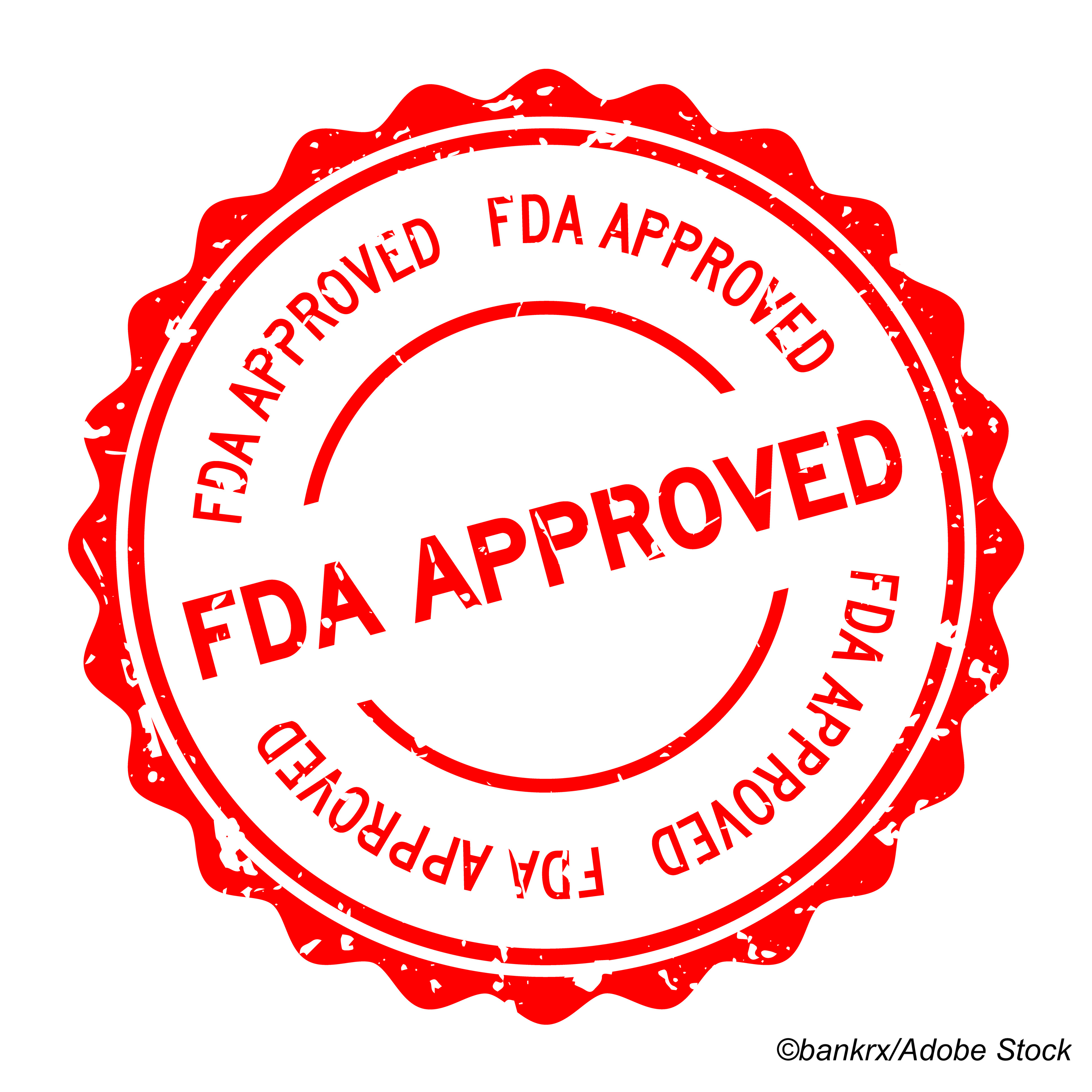The FDA approved albumin-bound sirolimus infusion (Fyarro) to treat adult patients with locally advanced unresectable or metastatic malignant perivascular epithelioid cell tumors (PEComa).
PEComa is a rare type of mesenchymal neoplasm composed of histologically and immunohistochemically distinctive perivascular epithelioid cells, and the cancer subtype includes angiomyolipoma, clear-cell “sugar” tumor, lymphangioleiomyomatosis (LAM), clear-cell myomelanocytic tumor of the falciform ligament/ligamentum teres and rare clear cell tumors of other anatomic locations such as uterus, colon, and soft tissues, according to a 2016 systematic review by Chen et al. Historically, the mainstay of treatment for this cancer type has been complete resection, with added chemotherapy in malignant cases.
It is recommended that albumin-bound sirolimus, an mTOR inhibitor, be given via intravenous infusion at a dose of 100 mg/m2 over 30 minutes on days one and eight of each 21-day cycle until disease progression or unacceptable toxicity.
This approval was based on results from the multicenter, single-arm AMPECT trial, in which 31 patients with locally advanced unresectable or metastatic malignant PEComa were given albumin-bound sirolimus at the recommended dose until disease progression or unacceptable toxicity.
“The main efficacy outcome measures were overall response rate (ORR) and duration of response (DOR), as assessed by blinded independent central review, using RECIST v.1.1. ORR was 39% (95% CI: 22%, 58%), including two patients with complete responses,” the FDA explained. “Median DOR was not reached (95% CI: 6.5 months, not estimable). Among responders, 67% had a response lasting greater than 12 months and 58% had a response lasting greater than 24 months.”
The most common side effects associated with the treatment included stomatitis, fatigue, rash, infection, nausea, edema, diarrhea, musculoskeletal pain, decreased weight, decreased appetite, cough, vomiting, and dysgeusia; the most common grade 3 to 4 laboratory abnormalities were decreased lymphocytes, increased glucose, decreased potassium, decreased phosphate, decreased hemoglobin, and increased lipase.
Albumin-bound sirolimus is manufactured by Aadi Bioscience, Inc.
John McKenna, Associate Editor, BreakingMED™
Cat ID: 935
Topic ID: 78,935,730,935,192,725,925



